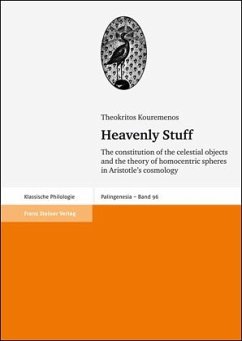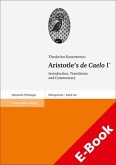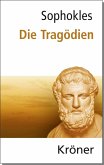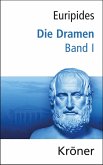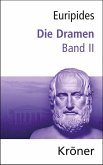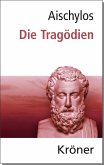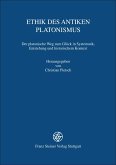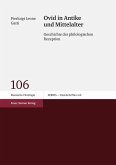This book offers a reappraisal of basic aspects of Aristotelian cosmology. Aristotle believed that all celestial objects consist of the same substance that pervades the heavens, a stuff unlike those found near the center of the cosmos that compose us and everything in our immediate surroundings. Kouremenos argues that, contrary to the received view, Aristotle originally introduced this heavenly stuff as the matter of the stars alone, the remotest celestial objects from the Earth, and as filler of the outermost part of the heavens, forming a diurnally rotating spherical shell whose fixed parts are the stars, the crust of the cosmos which has the Earth at its center. The author also argues that, contrary to another common view, at no point in the development of his cosmological thought did Aristotle believe the heavens to be structured according to the theory of homocentric spheres developed by his older contemporary Eudoxus of Cnidus, in which the other celestial objects, the five planets known in antiquity, the Sun and the Moon, were hypothesized to move uniformly in circles, as if they were fixed stars.
Theokritos Kouremenos is Associate Professor of Greek Studies at Aristotle University of Thessaloniki, Greece. His research interests are in ancient philosophy and science. He has published mainly on Aristotle and coauthored the 2006 edition of the Derveni Papyrus.
Dieser Download kann aus rechtlichen Gründen nur mit Rechnungsadresse in A, B, BG, CY, CZ, D, DK, EW, E, FIN, F, GR, HR, H, IRL, I, LT, L, LR, M, NL, PL, P, R, S, SLO, SK ausgeliefert werden.

